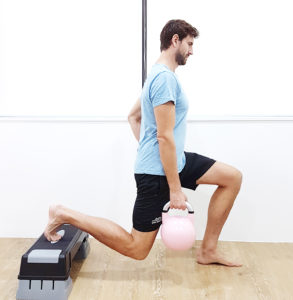Are you an injured runner? Early Signs of Running Injury and Prevention
Runners are prone to injury, especially when they start running again after a long period of rest or suddenly increase the frequency, intensity or duration of their training. Sometimes running injuries can be traumatic and sudden, while others gradually occur and worsen over time. It is very tempting to ignore those minor pains and odd symptoms that you are feeling, but here are some warning signs that runners should not neglect.
Read more






